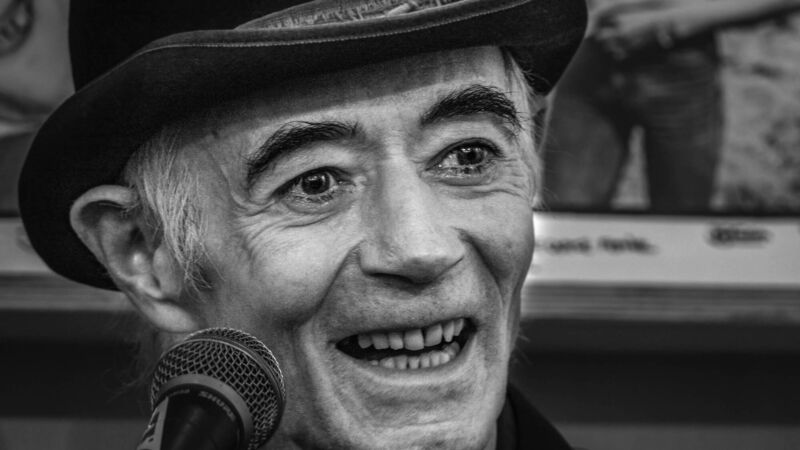Culture That Made Me: BP Fallon on Bob Dylan, John Lennon, and David Holmes

BP Fallon. Picture: Paul Bell
Broadcaster, photographer and musician BP Fallon was born in Dublin in 1946. He has shared a stage with John Lennon and worked and toured with artists such as Led Zeppelin, T. Rex and Ian Dury. He toured as a warm-up DJ for bands like U2, My Bloody Valentine and The Kills. In 2009, Jack White produced Fallon’s first single, I Believe In Elvis Presley. His latest album is due soon.




